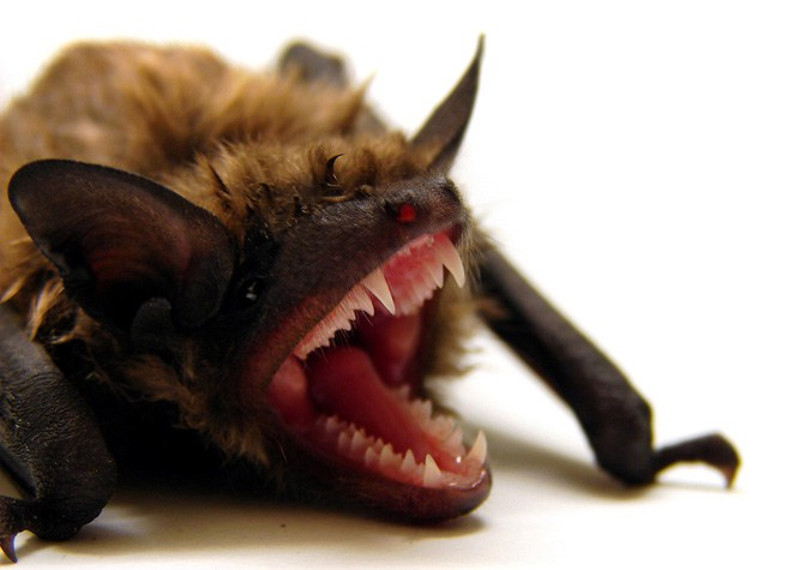Our friends at Critter Ridder lined up some of Austin’s frightening creatures who actually provide some benefits to homeowners. Did you know these scary animals can sometimes help more than they can hurt?
Mexican Free-tailed Bat
The Mexican Free-Tailed Bat is the creature we so proudly house under the Congress Avenue bridge. Up close, they might have frightening faces, but these honorary Austinites are friendly and helpful.
Summertime is their prime season here in Austin, and they’ve got a diet that consists mostly of mosquitoes and other bothersome insects. That means that for every bat in Austin, there are fewer bloodsucking bugs to ruin our fun outdoors.

The largest concern with bat-to-human contact is the potential of rabies spreading. However, even if a bat is infected with rabies, one of the earliest symptoms is paralysis. This would prevent the bat from attacking you directly. That said, if you find a bat which is lying still, it is probably best to leave it alone, or call an expert to remove it instead of trying to save it yourself.
They’re also a great boost to our tourism economy. Bat Conservation International estimates that over 100,000 visitors come to Austin to see the Congress Avenue bridge bats every year! This brings in somewhere around $10 million annually – a huge number for such little animals.
Texas Rat Snake

Austin is home to a great number of snake species. Though there are a few species you should definitely avoid, the Texas Rat Snake is actually a somewhat harmless creature.
As opposed to Rattlesnakes, Copperheads, and Coral snakes, the Rat Snake is not venomous. As its name suggests, its diet mostly consists of rats and other small rodents. It is possible for the Rat Snake to bite humans and pets, but must typically be provoked before deciding to attack.
Rat Snakes play a large part in keeping the annoying rodent population low. In fact, due to their diet and habits, the Texas Rat Snake might be more of a pest controller than a pest!
Palomino Blonde Tarantula

Spiders might be the most universally feared creature in the United States. Austin’s warm climate provides a good environment for several spider species, including large tarantulas. But most tarantulas, including the Palomino Blonde, are docile, slow-moving, and non-threatening to humans.
This tarantula’s diet is mostly insects that are troublesome to humans, including flies, crickets, and mosquitoes. Try not to kill tarantulas if you can – they might keep your house free of other, more annoying insects!

You may have heard about the dangers of tarantula bites. Tarantula venom is designed mostly for use in digestion, similar to human stomach fluids. So, while a tarantula could potentially bite you if provoked, the bite would not kill, even if venom is injected.
Not all Austin wildlife is dangerous, no matter how scary it may appear! Of course, we understand if you don’t actually want these scary-looking critters in your home. That’s why we recommend that any pests in your home or yard are removed in a humane manner.
——
- Brown Bat “Smiling for the Camera” by Matt Reinbold on Flickr
- Mexican Free Tailed Bat photo by: U.S. Fish and Wildlife Service Headquarters on Flickr
- Texas Rat Snake photo by: Patrick Feller on Flickr
- Palomino Blonde Tarantula photo by: John (snakecollector) on Flickr
All images were resized for web use, and cropped so as not to remove any significant content.







